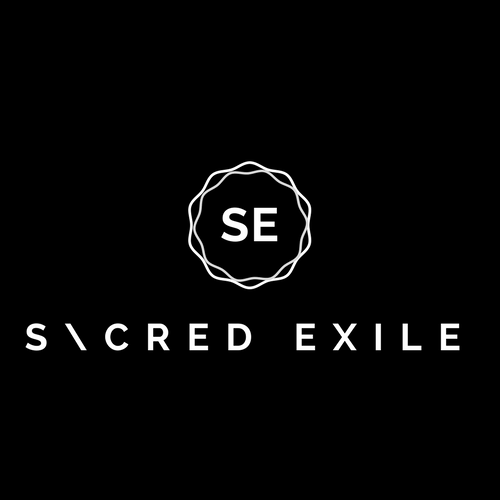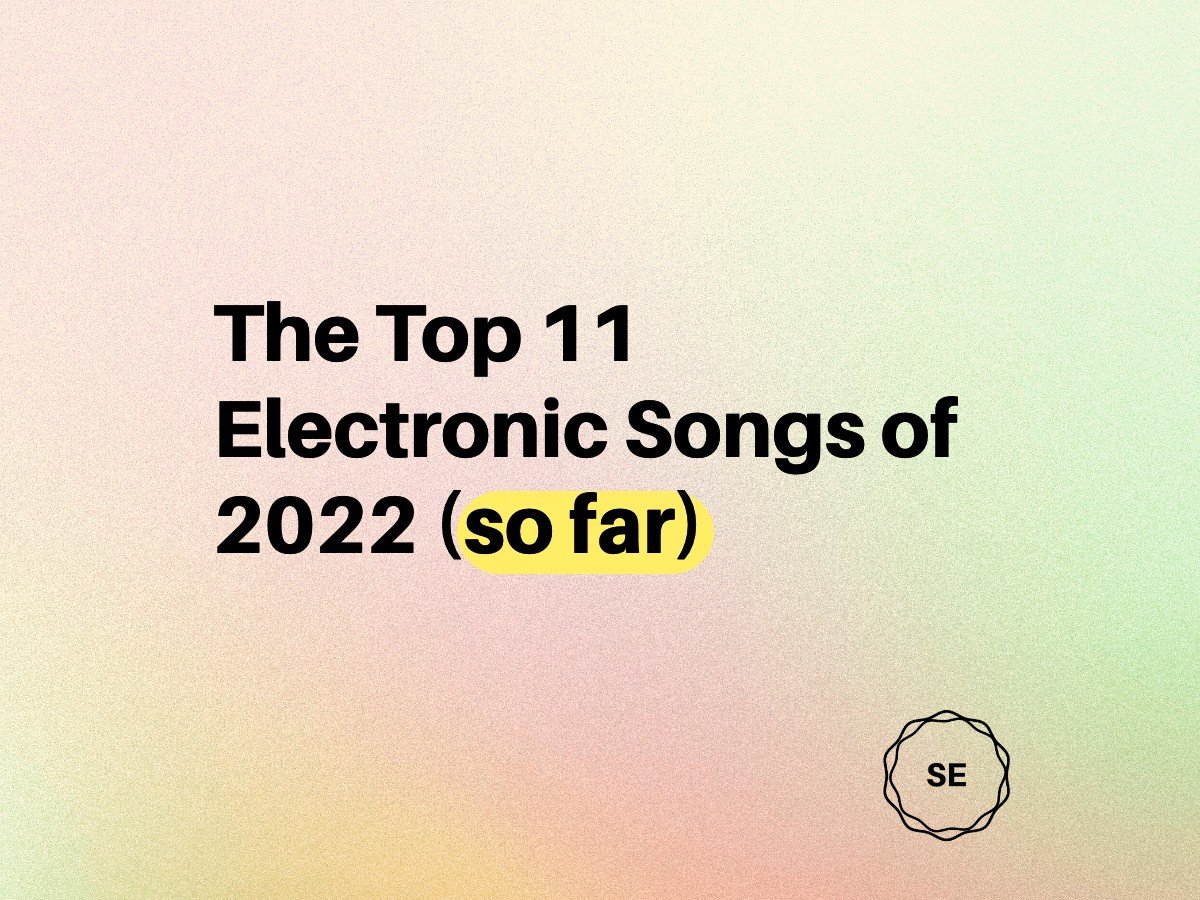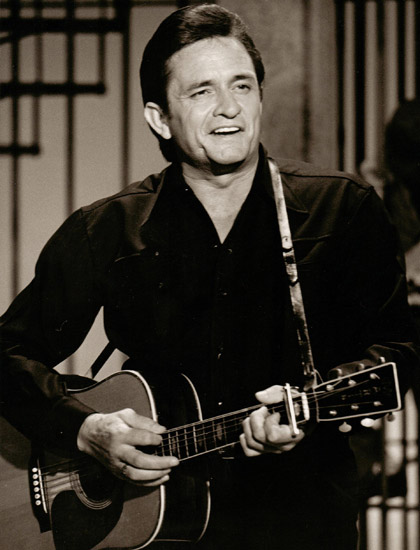Courting - New Last Name
Courting's barrage of genre-blending electronic rock shows us that not only are all futures possible, but also, what we make of our current reality is for us to decide.
By: Robert Hill
New Last Name is a superficial, self-aware album that captures hybridity as one of the most critical spirits of our time in a polished yet down-to-earth collection of hyperpop electronic rock.
The second studio release from Liverpool's Courting is a densely layered sheaf of electronic rock edging into a hybrid indie hyper-pop.
New Last Name picks up where the band left off with their first release, leaning heavily toward a cleaner, more polished sound than previous efforts. Aiding the band in the production of New Last Name are Gary and Ryan Jarman of the indie rock group The Cribs, bringing tighter harmonies and emotional complexity to a sophisticated, if not somewhat superficial, album.
Hailing from Liverpool, the historic industrial city in northwest England, the members of Courting experienced the culmination of the city's revitalization, and New Last Name reflects that.
From the beginning, plucked out notes of "Throw," reminiscent of early 80s New Romantic pioneers Adam and The Ants, the band launches into an overtly danceable tune that bounces and bops down a sunny side street that leads away from the mid-2000s-esque pop punk opener, and into a, somehow, even sunnier, electronically processed future.
Courting blends and melds genre gleefully on New Last Name, culminating in a broad assortment of songs that normalize electronica and push the boundaries of rock.
Perhaps the perception of this album as inorganic is skewed by singer Sean Murphy-O'Neill's prodigious use of autotune, which Courting leans heavily on ubiquitously throughout New Last Name. As a statement about society's increasing reliance on technology to support our very human inadequacies, Murphy-O'Neill's use of autotune is poignant, to say the least.
Considering Courting's origin, Liverpool, and its place in pop culture history as the birthplace of The Beatles, it makes sense that the band's lyrics are tuned in to the needs and desires of the overall culture. And in that, the band draws inspiration from their world – what they see around them – their environment, illustrating parallels between influential media, nostalgia, and personal choice, seems apt.
The first half of the twentieth century saw unprecedented technological advances that ushered in a golden era in the imaginations of the Western public. An age of unlimited prosperity and boundless optimism. With that spirit also came the most brutal horrors of war that Great Britain had a front-row seat for and was, themselves, the target.
As an expression of their time and warnings against the dangers of fascism and totalitarianism, two novels stand out in remarkable similarity and contrast: George Orwell's 1984 and Aldous Huxley's Brave New World. While both works imagine dystopian futures, Orwell's 1984 centralizes the reality of a cold, mechanistic governmental and social order embodied by "Big Brother," leader of the ruling political party. Alternatively, Huxley's Brave New World portrays a similarly authoritarian future, the difference being that Huxley's characters are primarily willing and eager to conform.
Courting's latest entry in the world of pop is a sophisticated, rock-centric, and dynamic venture well-suited to either novel's world. From one perspective, the uber-positive sunniness of a song like "We Look Good Together" feels sanitary and inoffensive enough to be the accompanying soundtrack for a corporate training film. Nard Dog would feel proud to have penned a song as peppy.
On the other hand, as an expression of our time – emerging from isolation and being faced with increased global authoritarianism – Courting's optimistic focus reveals an essential reason musicians, and all other artists, are critical to society.
They reflect our image. They show us what we look like.
New Last Name shows us who we are in a way that, to some, will feel jarring. A track like "Flex," alternative rock draped in contemporary references and synthetic instruments in contrast with the raw energy of the Pixies' loud-quiet-loud innovation, feels like a betrayal of faith to those who kneel at that altar. But that's the point.
"I know it gets better / It needs to," Murphy-O'Neill sings on "Emily G." Courting is a young band exploring their world. They're narrating it as they see it. Because they're nostalgic for a time that seems so close but betrays the rift churned into history by bad actors over the last few years.
Mentioned numerous times on the New Last Name, the year 2009 looms heavy in the singer's mind. When he mentions being 14 on "We Look Good Together," Murphy-O'Neill talks about the same period. A period of nostalgia in his life that marks a critical point in his life. More important than the specific year, though, he is talking about a golden era in our collective psyche – a sepia-tinted lens through which we view our own lives.
Where both 1984 and Brave New World illustrate for us binary futures in which our doom is imminent, New Last Name reveals a different spectrum of truth. Courting's barrage of genre-blending electronic rock shows us that not only are all futures possible, but also, what we make of our current reality is for us to decide.
New Last Name is a superficial, self-aware album that captures hybridity as one of the most critical spirits of our time in a polished yet down-to-earth collection of hyperpop electronic rock.











